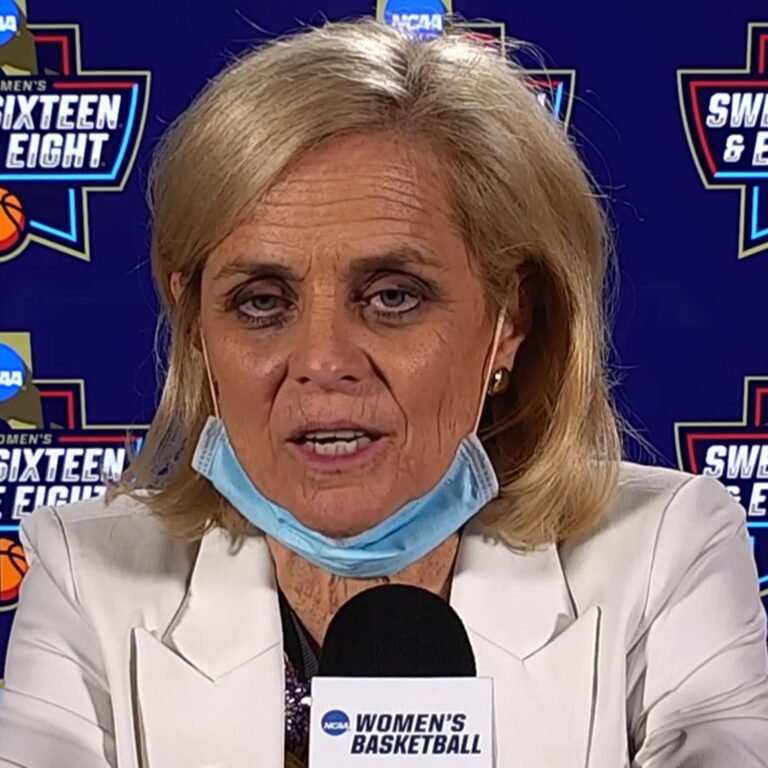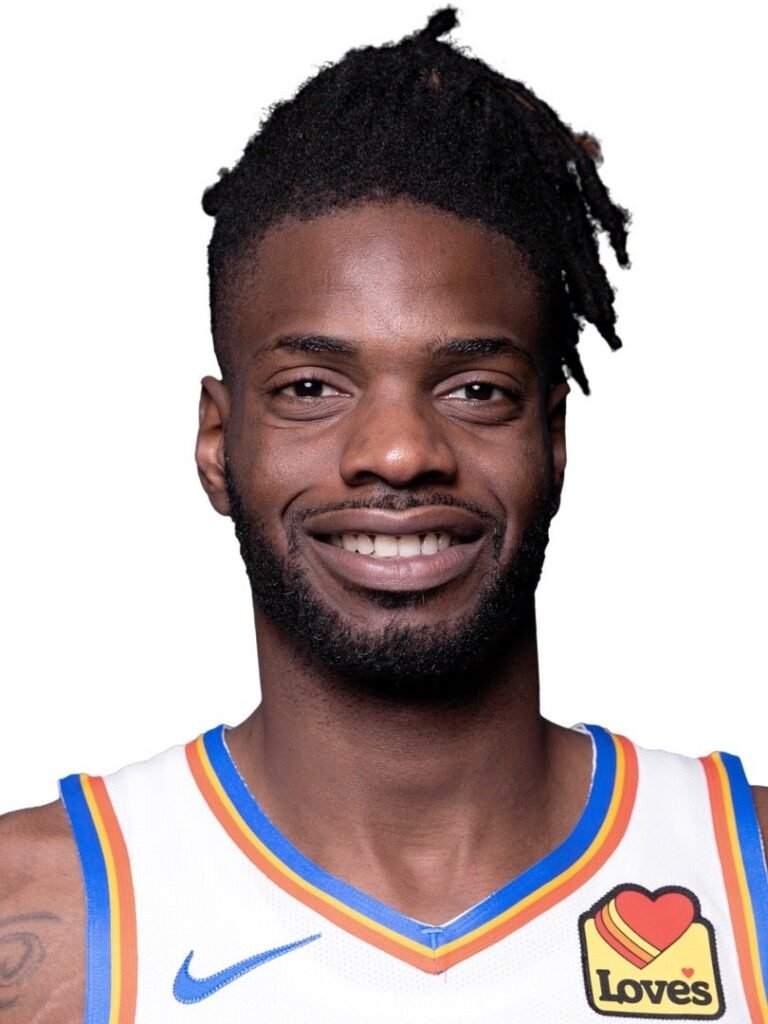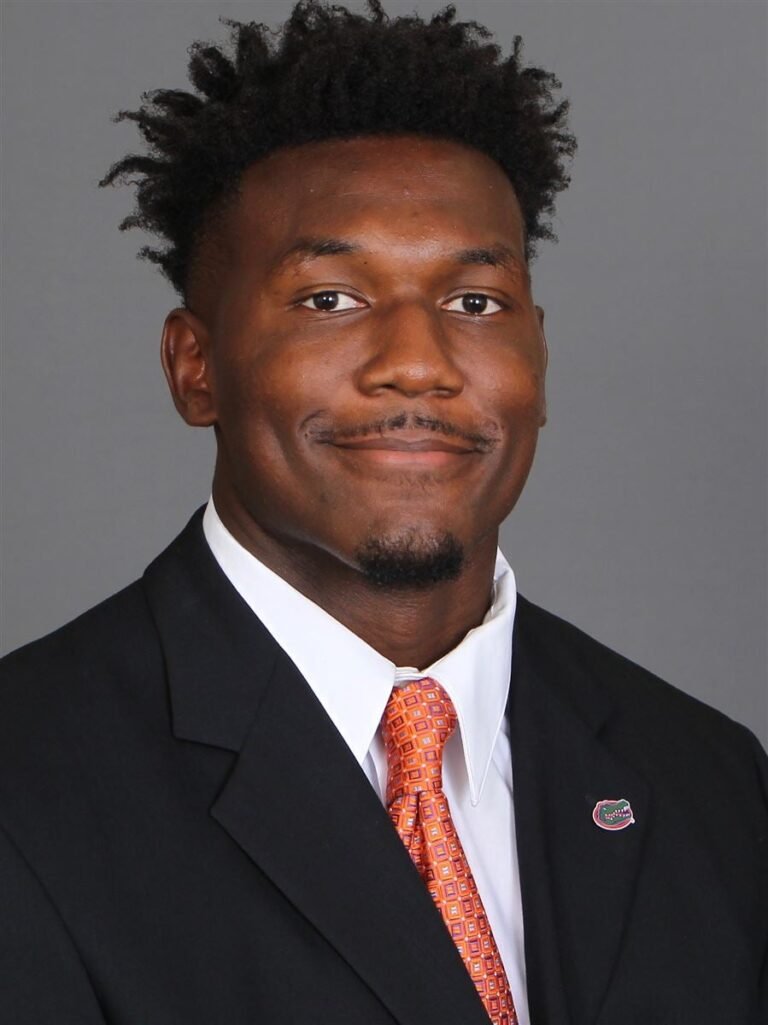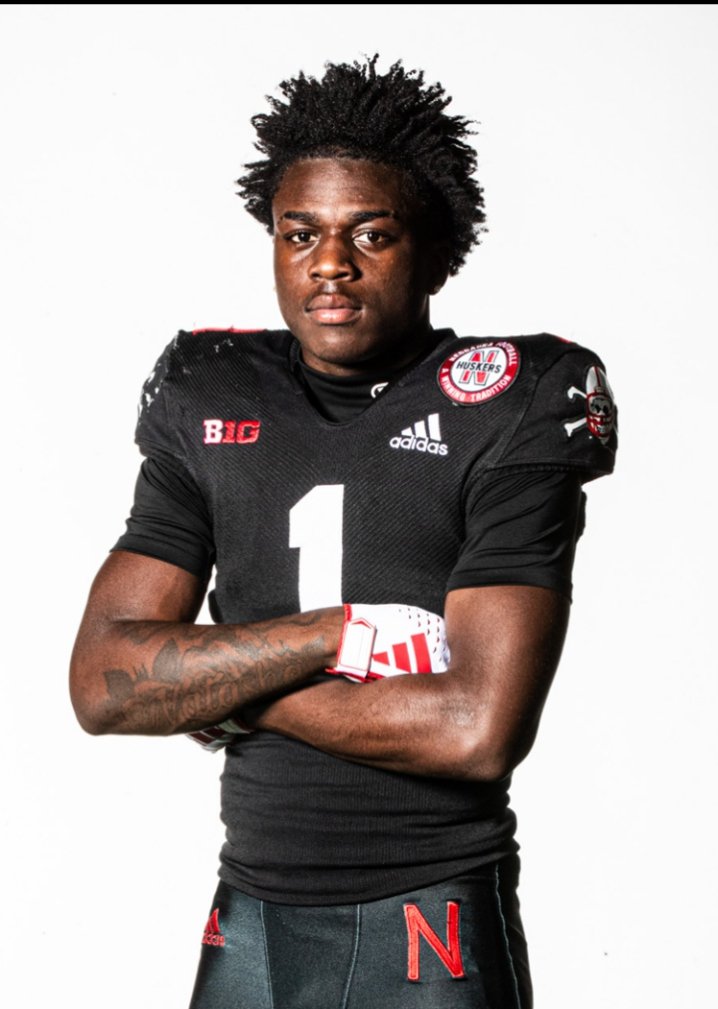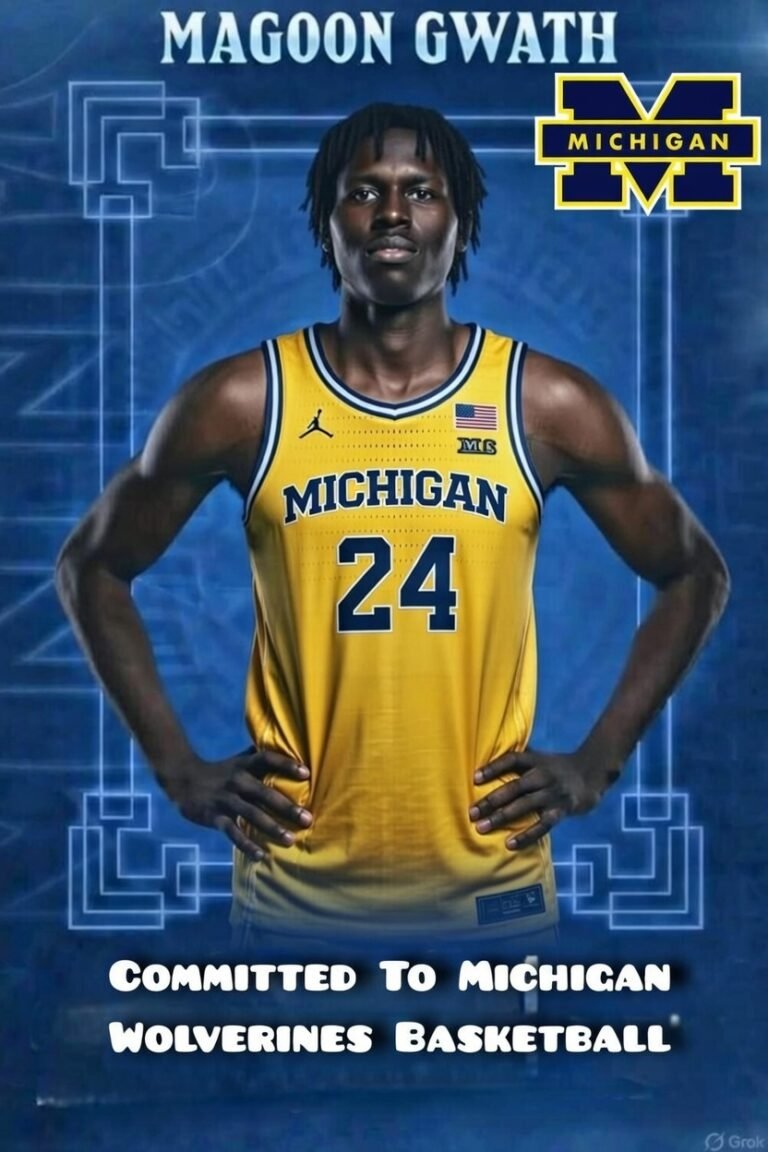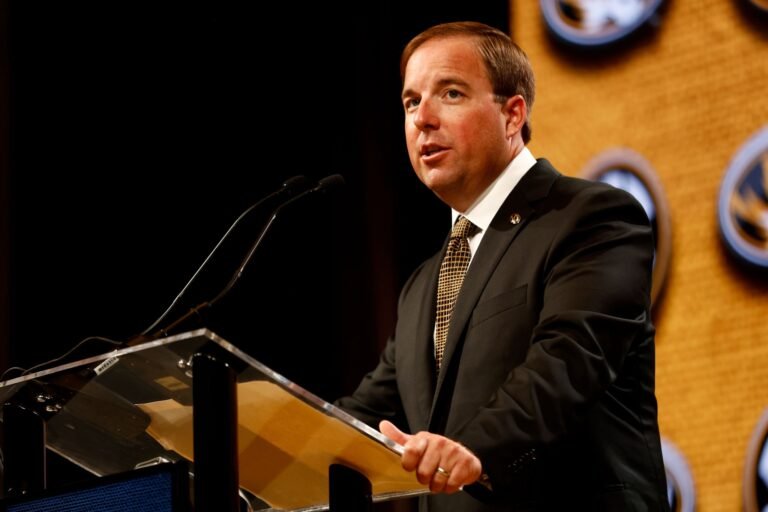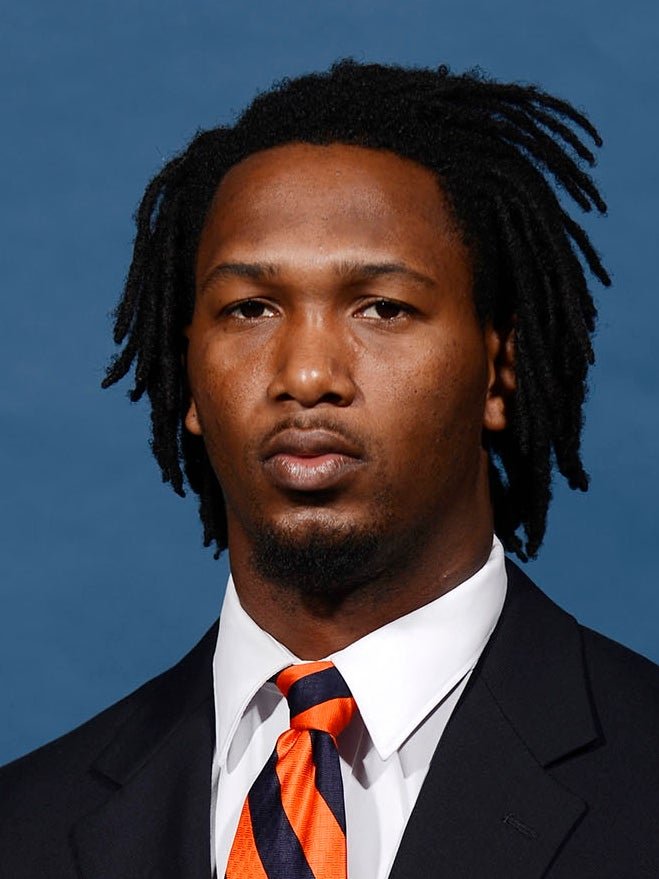
Georgia Bulldogs coach Kirby Smart was candid with Paul Finebaum regarding NIL and the future prospects of college sports.
In a recent interview, Georgia Bulldogs head coach Kirby Smart openly discussed his perspectives on Name, Image, and Likeness (NIL) policies and the evolving landscape of college sports. Speaking candidly with renowned sports commentator Paul Finebaum, Smart addressed the significant changes that NIL has introduced to college athletics and expressed his concerns about the direction in which the sport is headed.
Smart acknowledged that NIL has provided student-athletes with new opportunities to benefit financially from their talents and popularity. However, he also highlighted the challenges that come with this shift, including issues related to fairness, recruiting practices, and maintaining the integrity of college sports. The coach emphasized that while NIL can be a positive development for athletes, it has also created an environment where financial incentives sometimes overshadow athletic competition and educational priorities.
Throughout the conversation, Smart underscored the importance of establishing clear regulations and oversight to ensure that NIL benefits are distributed fairly and that the focus remains on student-athlete development and education. He voiced concerns about the potential for NIL to be exploited or to lead to disparities among programs, which could undermine the competitive balance that is fundamental to college athletics.
Additionally, Smart reflected on the broader implications of these changes for the future of college sports. He expressed hope that governing bodies, universities, and athletes can collaborate to create a sustainable framework that preserves the core values of collegiate competition. He also touched on the need for ongoing dialogue and policy adjustments to adapt to the rapidly changing landscape.
Smart’s frank comments come at a time when college sports are experiencing significant transformation, driven by NIL legislation, transfer portal activity, and evolving NCAA policies. His insights contribute to the ongoing conversation about how to balance athlete empowerment with the traditions and integrity of college athletics. As the landscape continues to evolve, coaches like Smart are calling for thoughtful approaches to ensure that college sports remain competitive, fair, and focused on academic and athletic excellence.
